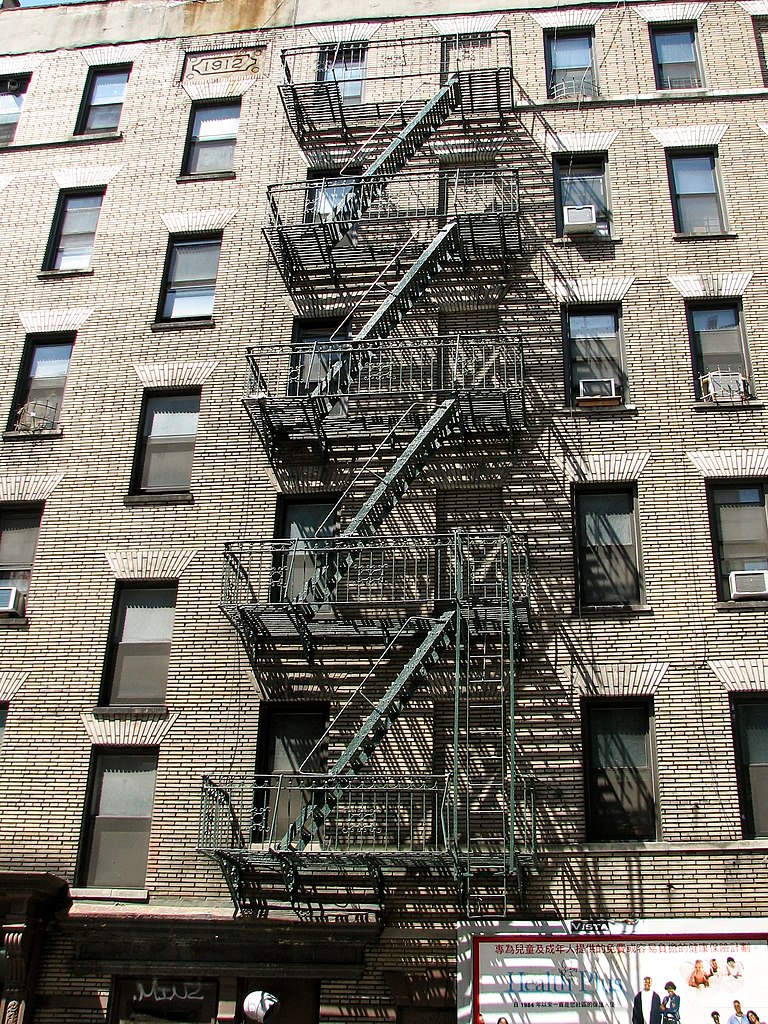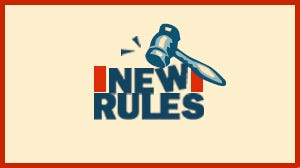Recent news stories have come out NYC's crackdown on pet sitters. The law in question is Article 161 of the NYC Health Code and specifically:
"§161.15 Keeping of small animals for sale, boarding, grooming, or training.
(a) No animals shall be sold or held for sale, or boarded, groomed or trained in a room in which a
person lives. No aquatic animals, as defined in Article 81 of this Code, except live food fish
species from a source authorized by applicable law to supply such fish or live fish in an
ornamental aquarium, shall be sold or held for sale or kept in the same place where food or
drink is sold for human consumption.
(b) The holder of a permit issued pursuant to §161.09 or the person in charge of the place for
which the permit is issued, shall provide any individual seeking to purchase, adopt, groom,
train, or board a dog, showing no evidence of licensure, with a dog license application,
furnished by the Department, which shall be completed by the individual. The holder of a
permit to operate a pet shop or shelter or person in charge thereof, shall not transfer
possession, title, ownership, control or custody of any dog to a prospective purchaser or
adopter without first requiring the purchaser or adopter to submit a completed application for
a dog license and to pay all required license fees unless such purchaser or adopter shall
execute and submit to such permittee a written statement that the dog to be purchased or
adopted is to be harbored outside the City. The operator of a shelter issued a permit by the
14
Department shall not release an unlicensed dog to any person unless the person shall
complete an application for a license and tender the license fees required by law. Such holder
of a permit or person in charge shall forward such completed application and license fees to
the Department in such manner as may be specified by the Department, consistent with the
New York City Dog License Law enacted by the State legislature (Chapter 115 of the Laws
of 1894, as amended). The license shall be issued by the Department.
(c) A holder of a permit to keep small animals for sale or for boarding, grooming or training, or
to shelter homeless animals, shall maintain and keep for one year a record of purchases and
sales and/or a record of boarding, grooming, training, providing shelter for homeless animals,
or adoption services rendered. When a dog or cat is purchased, sold, adopted or kept, the
permittee shall make an entry in the record which shall contain the name and address of the
person from whom it was purchased and of the person to whom it was sold or given for
adoption or of the person who ordered boarding, grooming, or training services for such
animals, and a complete description of the animal, including its age, sex and breed. The
permittee shall on at least a monthly basis report to the Department on a form furnished by
the Department all licensed and unlicensed dogs which have been sold, adopted, groomed,
trained, boarded, sheltered, or otherwise served. Such form shall include the name and
address of the dog owner and license number of all licensed dogs as well as any other
descriptive information regarding such dog as may be required by the Department.
(d) A holder of a permit to keep small animals for sale, boarding, grooming or training shall not
sell or hold for sale, boarding, grooming or training a dog or cat which is affected with or
which has been exposed to a disease which is communicable among such animals, and shall
not keep such animals unless it is under the care of a licensed veterinarian.
(e) Proof of vaccinations required.
(1) Proof of rabies vaccination. Holders of permits to operate animal boarding kennels,
grooming parlors, training establishments and pet shops providing boarding, grooming
and/or training services must obtain proof from the owner of each dog, cat or other
animal that is provided services that the animal is currently vaccinated for rabies,
provided that there is a USDA approved rabies vaccine for such animal, or that the
animal has a medical condition for which rabies vaccination is contraindicated. A copy of
a rabies vaccination certificate or signed letter from a veterinarian verifying the animal’s
vaccination status or exemption from vaccination will constitute such proof. Such proof
must be maintained on the premises and provided to the Department upon request.
(2) Other vaccinations for dogs.
(A) Boarding kennels and training establishments. Holders of permits to operate animal
boarding kennels, training establishments and pet shops providing boarding,
grooming and/or training services must obtain proof from the owner of each dog
provided services that such dog is currently actively vaccinated against distemper,
adenovirus, parainfluenza, parvovirus and Bordetella, or a letter from a veterinarian
that the animal has a medical condition for which vaccination is contraindicated. Such
proof may include, but is not limited to, (i) a receipt from a veterinary office for
vaccines provided, (ii) a summary of a veterinary visit prepared by the veterinary
office indicating such vaccines were administered, or (iii) a copy of a signed letter
from a veterinarian stating that the dog has been so vaccinated or that the dog has a
medical condition for which vaccination is contraindicated. The accepted proof must
15
be maintained on the premises for a period of not less than one year and provided to
the Department upon request.
(B) Grooming parlors. A holder of a permit to operate a grooming parlor where only
grooming services are provided must obtain from the owner of each dog that is
provided services either (i) a sworn statement of the owner that the dog is currently
actively vaccinated against distemper, adenovirus, parainfluenza, parvovirus and
Bordetella, or (ii) a receipt from a veterinary office for vaccines provided, (iii) a
summary of a veterinary visit prepared by the veterinary office indicating such
vaccines were administered, or (iv) a copy of a signed letter from a veterinarian
stating that the dog has been so vaccinated or that the dog has a medical condition
for which vaccination is contraindicated. An owner’s sworn statement must include
the name and contact information of the veterinarian who administered the
vaccinations. The accepted proof must be maintained on the premises for a period
of not less than one year, and provided to the Department upon request.
(f) Cage or box dryers prohibited. Facilities that care for or provide services to small animals
shall not dry any such animal using a cage or box dryer or any other dryer that is equipped
with a heating element that is not handheld."



























